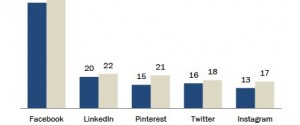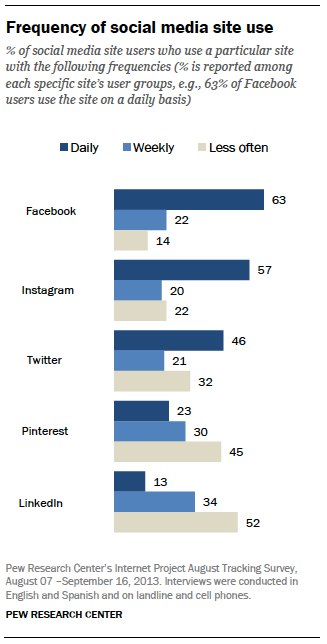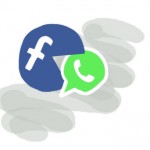 Facebook forked over $19 billion for WhatsApp, and the internet is full of articles explaining why. Among the most compelling is Buzzfeed’s take that WhatsApp posed a significant threat. WhatsApp is growing fast globally, consumes a great deal of young users’ smartphone time, and fills that critical “staying in touch” niche that Facebook would like to own.
Facebook forked over $19 billion for WhatsApp, and the internet is full of articles explaining why. Among the most compelling is Buzzfeed’s take that WhatsApp posed a significant threat. WhatsApp is growing fast globally, consumes a great deal of young users’ smartphone time, and fills that critical “staying in touch” niche that Facebook would like to own.- The visual social network Instagram, another Facebook purchase, is looking like it might be living up to its relatively modest $1 billion price tag. Explosive growth and high engagement mean that Instagram is increasingly attractive to brands. It has exceptionally high engagement with affluent, young women — a demographic particularly attractive for retail.
- If you’re an online publisher — and pretty much all brands are these days — you might be interested in Echobox. This analytics package offers data-driven insights about your content’s performance both on site and as shared across social channels. The end result is fewer charts and numbers, and more specific recommendations for your content.
- LinkedIn this week entered the realm of “platisher” — the dreadful coinage for part platform and part publisher — as it opened up its content marketing Influencers program to everyone. Like Medium, LinkedIn will cultivate brand names and high-quality submissions, but sees value in building a broad-based content empire.
- Just where will we wear the internet of things? We’re easing in with wristbands and the stunningly awkward Google Glass, but there’s more to come. Quartz provides a list of body parts likely to be adorned with tech in the near future.
Weekend fun: Jimmy Fallon took over The Tonight Show this week with a celebrity-studded vengeance, but the #hashtag2 performance sealed the deal.
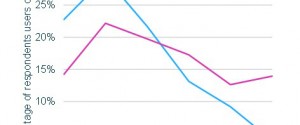




 Thanks to
Thanks to 
 新年快乐 — or, Happy New Year! Tencent’s WeChat has greeted the year of the horse by allowing users to
新年快乐 — or, Happy New Year! Tencent’s WeChat has greeted the year of the horse by allowing users to 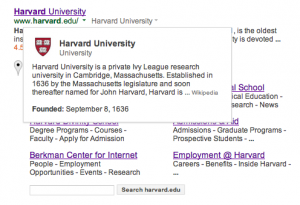 Google knowledge graph, which seeks to represent “real world things and their connections,” surfaces the relevant content you see on Google search results pages, like movie times. This week Google added to their results
Google knowledge graph, which seeks to represent “real world things and their connections,” surfaces the relevant content you see on Google search results pages, like movie times. This week Google added to their results 
 What does this mean for leaders responsible for digital teams, many of whom occupy a CMO or similar role? In the 1990s when mainstream digital emerged there was a complete disconnect between the entire C-suite and digital practices. Executives had little or no exposure to the day-to-day operation of the internet. Websites in large companies were the domain of someone called a Webmaster, who sat in the IT department. Marketing was busy trying to keep those ugly and irrelevant URLs out of their paid media and far from their pristine collateral.
What does this mean for leaders responsible for digital teams, many of whom occupy a CMO or similar role? In the 1990s when mainstream digital emerged there was a complete disconnect between the entire C-suite and digital practices. Executives had little or no exposure to the day-to-day operation of the internet. Websites in large companies were the domain of someone called a Webmaster, who sat in the IT department. Marketing was busy trying to keep those ugly and irrelevant URLs out of their paid media and far from their pristine collateral.
 There are now 3.2 billion compelling reasons to get excited about the internet of things: this week, Google acquired connected home device maker Nest for a whopping $3.2 billion in cash. In return, Google gets
There are now 3.2 billion compelling reasons to get excited about the internet of things: this week, Google acquired connected home device maker Nest for a whopping $3.2 billion in cash. In return, Google gets 